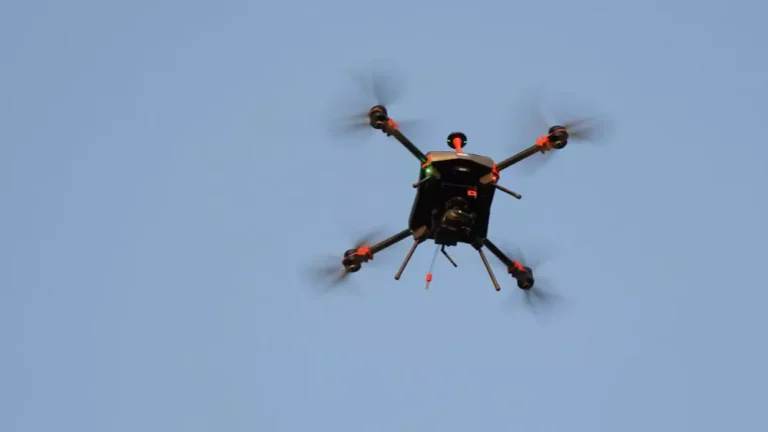Exploring the world virtually: How tourism is revolutionising through technology
Technology is unlocking boundless travel, sustainability, and immersive experiences in the Metaverse era

Virtual travel, enabled by technologies like virtual reality and augmented reality, is transforming the tourism industry. According to Village Pipol, it breaks down geographical barriers, making travel accessible to all, including those with physical limitations or budget constraints. This innovation fosters cultural immersion, allowing users to engage with destinations’ heritage and history. Additionally, it promotes sustainability by reducing carbon emissions and minimising the impact on fragile ecosystems.
Virtual travel also overcomes time and cost constraints, offering personalised experiences and educational benefits. It’s a marketing tool for destinations, a conservation effort, and a means of social connection. The future may integrate virtual and physical travel seamlessly while aiding conservation efforts and niche markets.
The metaverse, initially rooted in gaming, now promises transformative experiences, particularly in travel. Landvault noted that virtual tourism in the metaverse enables users to explore dream destinations digitally, democratising travel for all, and supporting sustainability. The 3D internet replicates real-world locations, offering immersive experiences through Virtual Reality (VR) and Augmented Reality (AR). It provides instant, accessible, and sustainable travel, complementing real-world experiences in a digital age.
Related: How real estate is doing through virtual reality
The metaverse also transforms tourism by offering virtual visits to historical sites, iconic landmarks, and museums. It recreates historical events and cultural celebrations, fostering understanding and empathy. Additionally, it serves as a sustainable trip planning tool, redefining the future of travel and exploration.
Stanley Edwards on Linked In reported that VR and 360-degree videos are potent tools for tourism marketing, offering immersive experiences. They enable virtual tours of destinations, creating realistic previews for travellers. VR aids trip planning by showcasing accommodations and activities. It also highlights cultural aspects, encouraging engagement. For adventure destinations, VR offers safe previews of thrilling activities.
Events, brochures, and interactive storytelling benefit from VR. Hotels can showcase their amenities, boosting traveller confidence. At trade shows, VR attracts attention. 360-degree videos are a cost-effective entry point for immersive content. Users don’t need VR goggles or apps; content is easily shared via web links and QR codes.
The Property Report editors wrote this article. For more information, email: [email protected].
Recommended
Meet the expert helping overseas investors crack Australia’s property market
Ivan Lam of property advisors Charter Keck Cramer helps clients navigate Australia’s complex real estate dynamics
ARES White Paper Volume 3: The era of adaptive reinvention
Pioneering sustainable and innovative practices in urban development
ARES White Paper Volume 2: Unravelling the power of data revolution in real estate
Insights on proptech, smart cities, and sustainable development
ARES Digital White Paper Volume 1: The fundamentals of responsible building
Green and climate heroes join forces to discuss how Asia Pacific can weather the current environmental crises and the looming effects of climate change







